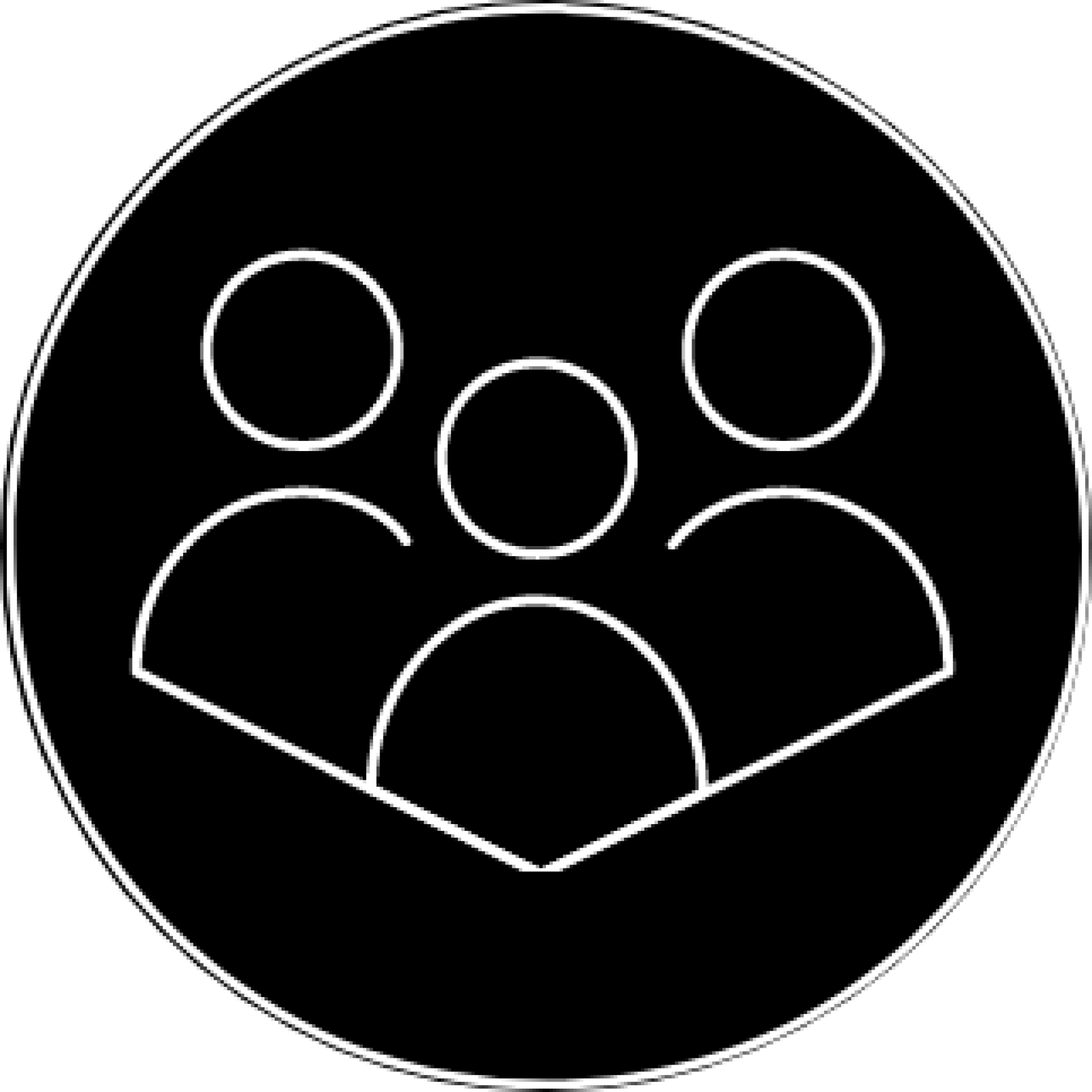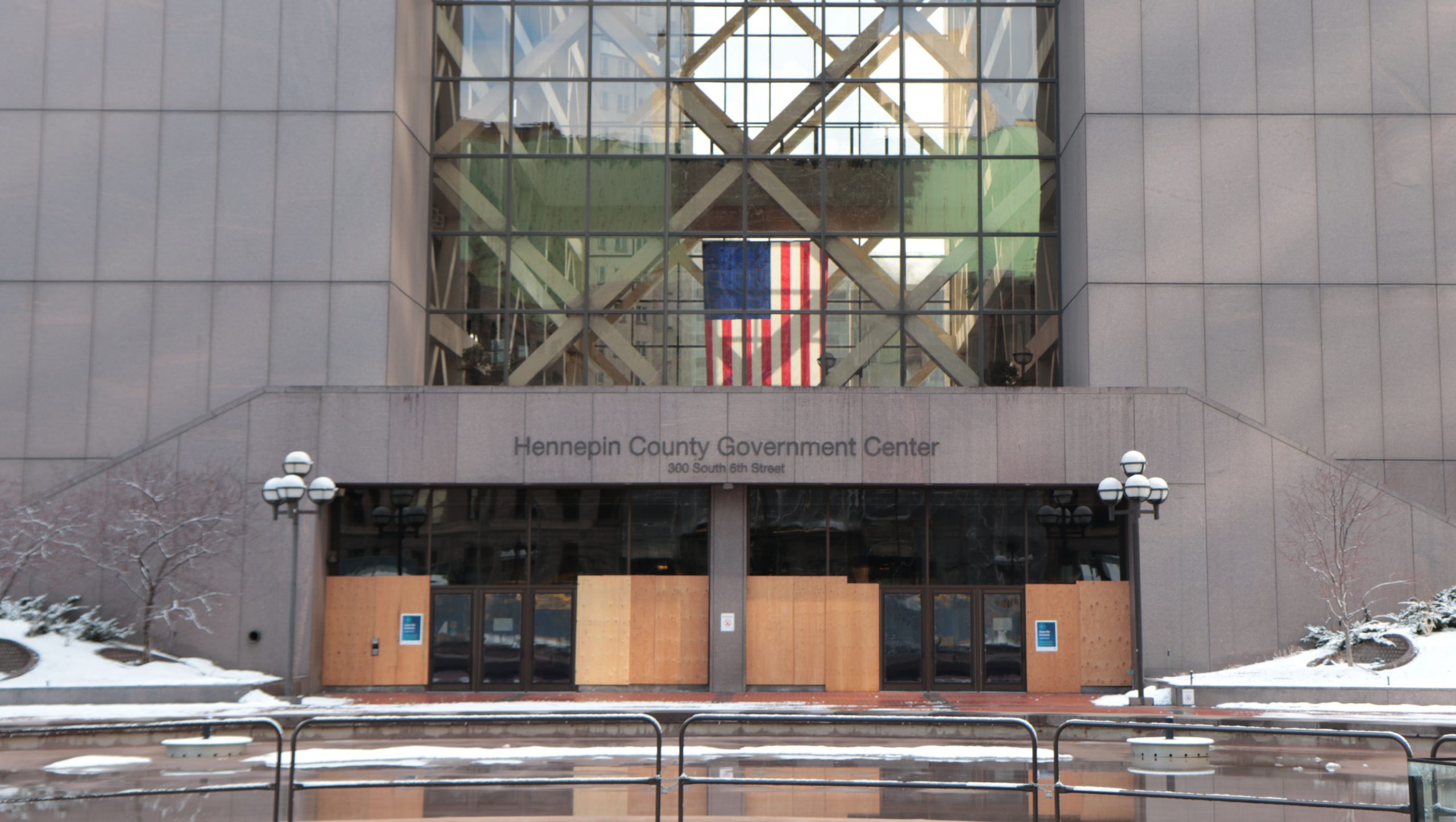Resources for student discussions, action groups, faculty resources and upcoming events.
By Tina Nguyen
The Minneapolis trial of Derek Chauvin is not only a critical step to achieving justice for George Floyd and his family. It’s a demand for justice on behalf of all instances of racially-involved police brutality.
The trial is likely to induce waves of civic change for the communities affected, no matter the outcome. And from jury selection to verdict and beyond, enduring the uncertainties will be challenging for many in the University of Minnesota community, the campus within walking distance from the protests and the media coverage surrounding the trial.
The University’s Office for Public Engagement has compiled a list of resources for students, faculty, staff and community partners to create a unified effort in navigating this strenuous time.
Here’s a how-to guide on these resources.
Note: These resources will update as the needs of the community change.
Student Discussion Groups
The University has numerous groups (many of them student-led) with spaces aimed to encourage an open and safe dialogue, whether it is having discussions with other BIPOC students or holding yourself accountable in being an empathetic and progressive ally.
If your goal is to talk to those of a shared identity, or you are hoping to engage with a multitude of perspectives, here are some groups to keep in mind:
BAAAM! Black, African American, African Meeting Space: For those in the University community whose identities align with the ones listed above, this meeting space aims to discuss shared living experiences. It is facilitated by the Student Counseling Services (SCS) and Martin Luther King, Jr. (MLK) Program.
They meet Fridays, from 10-11:30 a.m. Sign up here.
Mixed/Multiracial Connections: For individuals who navigate the polarized difficulty of belonging to multiple racial communities, this is a space to talk to others with similar obstacles and about finding one’s place in social movements. It is facilitated by SCS.
They meet Wednesdays, from 1-2 p.m. Sign up here.
Affinity Group for Asian/American Students: For those with Asian experiences and identities, this is a space for those who want to acknowledge the complexities of Asian identities and the Asian community as a whole, while tackling issues such as xenophobia and racial in/justice. Facilitated by SCS and the Asian Pacific American Resource Center (APARC).
They meet Thursdays, 3:30-4:30 p.m. Sign up here.
Multicultural Student Engagement (MCSE): Created to provide opportunities for awareness, understanding and appreciation for cultural competency, social justice and intersectionality, this group is for undergraduates, graduates and professional students interested in racial activism.
Here is their website. You can also learn more by emailing mcse@umn.edu.
White Accountability and Action Group: If you identify as white and your goal is to be a proactive ally to communities of color, this is the group for you. Led by two white-identifying therapists, they invite white students to discuss internalized racism and how that manifests in different spaces.
They meet Thursdays, 2:30-4:00 p.m. To join, email SCS at counseling@umn.edu to schedule a group screening/information meeting with the group facilitators.
Student Action Groups
Interested in working with students to promote racial justice? Here are some University student groups that are committed to providing events and opportunities to further enhance activism among the student body.
Black Student Union (BSU): A group whose initiative is to promote unity for Black students, while acting as a tool to further advocate and create awareness for the Black student experiences on campus.
Here is their website along with their social media.
Chemical Engineering and Materials Science Students Organizing Against Racism (CEMS SOAR): A group of undergraduates, graduates and faculty dedicated to creating department-wide initiatives to combat racism within CEMS departments and their surrounding communities.
Here is their website. You can also learn more by emailing cems-soar@umn.edu
Graduate Students of Color Alliance (GSOCA): Graduates and professionals of color, this is the group for you! This group’s aim is to ensure that graduate student voices are fairly, accurately and equally represented across departments, programs and colleges.
Get in touch with the group here.
Resources for Faculty and Staff
With the understanding that faculty and staff have a huge influence on how spaces on campus are maintained, this next resource aims to hold them accountable in being mindful of how they use their voice in the classroom.
Faculty Fighting Racism: Created by the Graduate School Diversity Consultation Team, it aims to be the first step in navigating what it means to be anti-racist. This group has curated an itemized list, encouraging faculty and staff to: read, watch, listen and do. It includes books, articles, videos and podcasts, all intended to be the first step on the long journey to being an active anti-racist educator.
While doing so, it pushes those involved to strengthen the relationships with students while evolving their classroom spaces to be more mindful of issues affecting them.
Learn more here.
Upcoming Events
Open for all the University body to attend and geared towards different facets of being a proactive and continuously growing ally. Here’s what to look out for:
March 15 – Calling Students In to Challenging Conversations (3-4:30 p.m.): If you are a faculty member and you are wondering how to tackle important issues in the classroom, staff from the Center for Educational Innovation are here to discuss how and when to “call in” and “call out” in those spaces.
Register here.
March 19 – Covering the Chauvin Trial: The role of Journalists, PR and Communication Professionals (Noon-1:30 p.m.): If you have or aspire to have a career in communications, attend this panel discussion hosted by the Hubbard School of Journalism and Mass Communication. Professionals in the field will discuss the role of communicators during the stages of the Chauvin trial.
Register here.
March 25 – Fostering Inclusivity in the Remote World (11-11:30 a.m.): How can the workplace overcome difficulties obstructing inclusivity when employees are remote? Find out how to be proactive in connecting and leading your team to become more inclusive.
For more information and to register, go here. You may need to create a MyLifeExpert account with Sand Creek by using the code “uofmn.”
Suggested Reading
As important as it is to listen to communities affected by racial injustice, it is just as important to read their words as well. Here are some readings that will discuss how to actively contribute to racial justice.
Mindfulness for Racial Justice: Mostly helpful for white readers, this article is centered around reflections from Rhonda Magee, law professor at the University of San Francisco, mindfulness teacher and the author of “The Inner Work of Racial Justice: Healing Ourselves and Transforming Our Communities through Mindfulness.”
It defines systemic racism and how mindfulness, such as feeling shame in recognizing internalized behaviors, becomes a personal transformation in combating racism.
Read it here.

